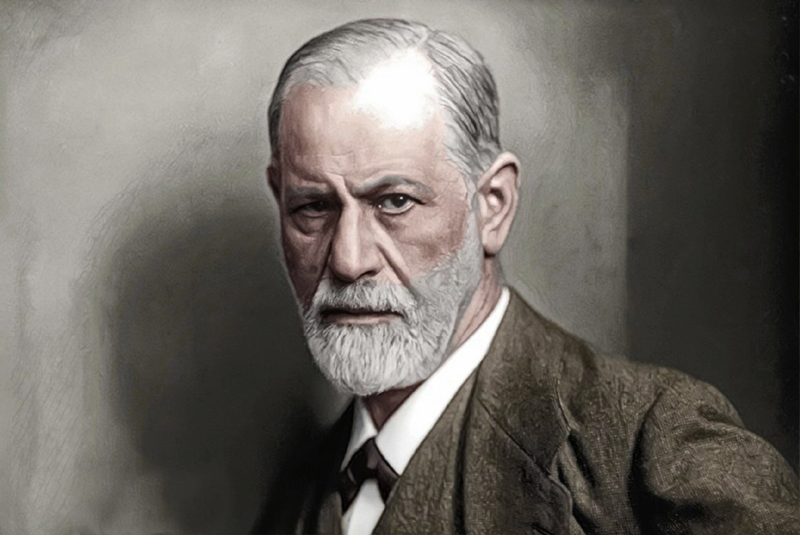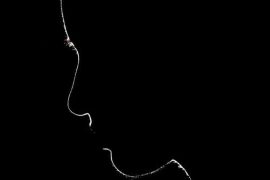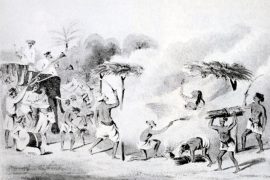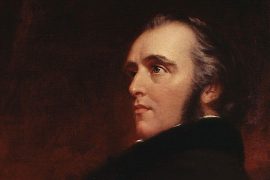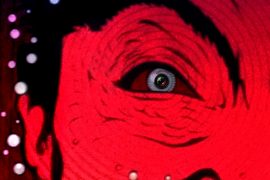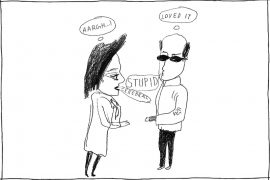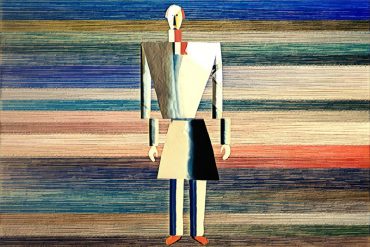It all emerged, quite amusingly, from an unlikely pioneer, who, as a kid bearing a fragile, delicate frame, was, otherwise, perky in school with his relentless inquisitiveness.
While not much is also known of Sigmund Freud’s early life, because he purged his personal writings, twice over, his subsequent papers were strictly embargoed in the Sigmund Freud Archives. Some were made accessible to Alfred Ernest Jones, his official biographer, and also select members of the interior circle of academicians in psychoanalysis. They are, in their essence, as indubitably fascinating as the man himself.
Freud, with his zealous interest in the human mind, behaviour, and also emotions, predictably went to medical school and graduated with relative ease. In addition, he nursed a deep liking for the baffling, mysterious, also the unexplained, from his formative years. He dwelled too, for most part, in his own diverse research activity — which the purists may not have approved.
However, as destiny would deem, Freud soon came under the influence of the celebrated French neurologist, Jean-Martin Charcot — and, the rest is history. Freud learned hypnosis under Charcot — which he, however, forsook later, because of its unreliability and also because he found that his patients recuperated and ‘captured’ critical memories when conscious. He used the practice of ‘free association’ instead for patients to associate to anything that came into their mind, because he believed all memories are organised in a single associative web.
-30-
Copyright©Madras Courier, All Rights Reserved. You may share using our article tools. Please don't cut articles from madrascourier.com and redistribute by email, post to the web, mobile phone or social media.Please send in your feed back and comments to [email protected]

